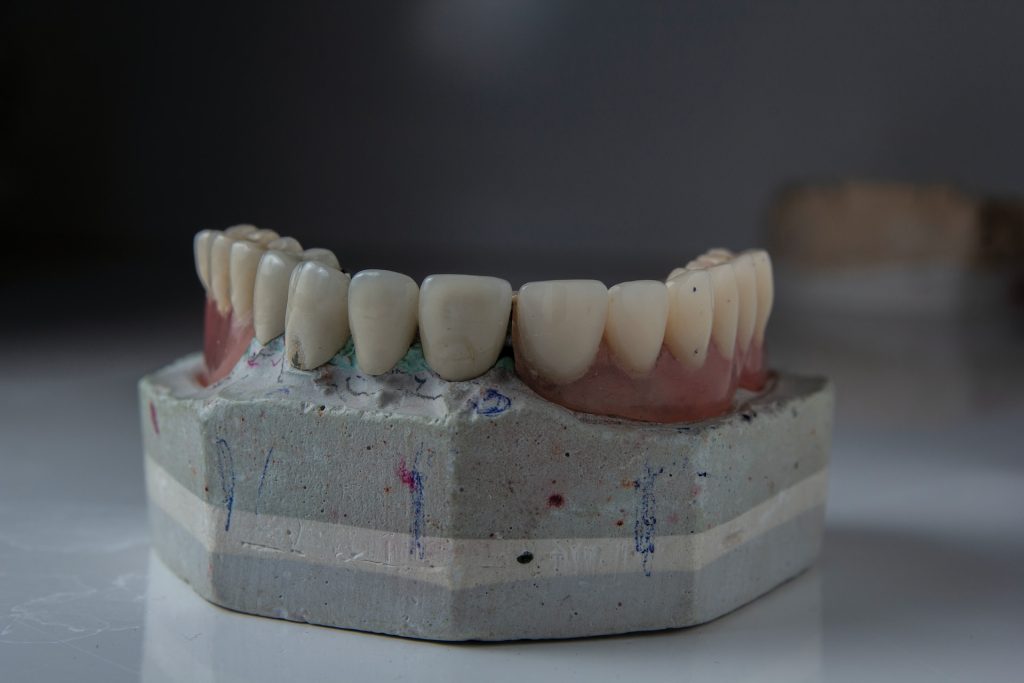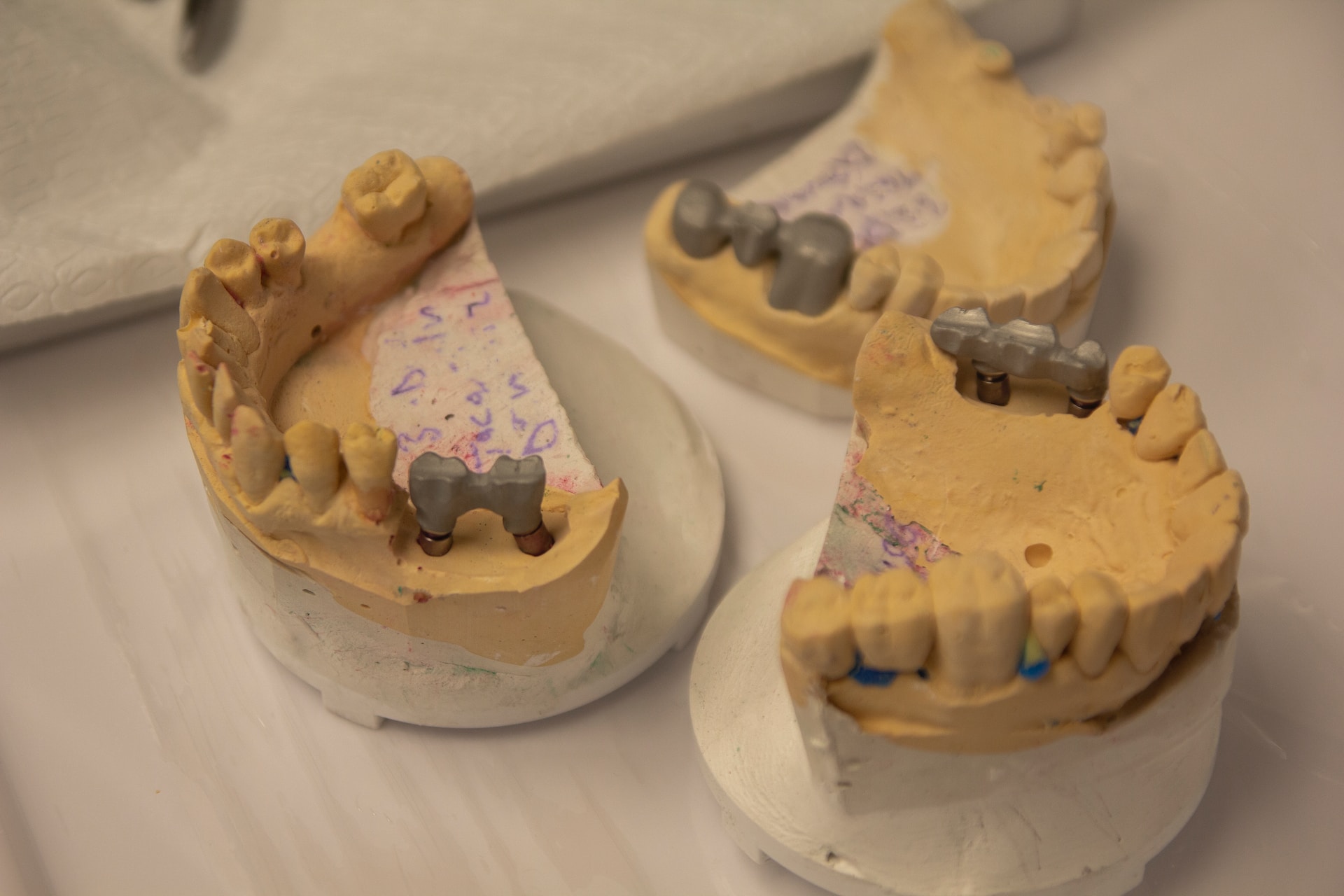Root canal treatment is a dental procedure performed to save a severely decayed or infected tooth. Although the treatment is necessary to preserve oral health, it can be intimidating for many people due to the perceived pain and discomfort associated with it. With the right knowledge and preparation, you can ease the process and make it more manageable. Explore the ease of root canal treatment, providing you with expert advice and effective strategies to alleviate anxiety, reduce pain, and ensure a smooth experience.
Introduction To Root Canal Treatment
Root canal treatment involves removing the infected pulp from the inside of a tooth, cleaning and disinfecting the root canal, and sealing it to prevent further infection. This procedure allows you to save your natural tooth and avoid more invasive treatments like extraction or implants.
Signs and Symptoms of a Problematic Tooth
It’s crucial to recognize the signs and symptoms of a problematic tooth that may require root canal treatment. Common indications include severe toothache, sensitivity to hot and cold, swollen gums, tender lymph nodes, and darkening of the tooth. If you experience any of these symptoms, it’s vital to seek professional dental care promptly.
Importance of Early Intervention
Early intervention plays a significant role in ensuring a successful and comfortable root canal treatment. If you suspect a problem with your tooth, don’t delay seeking professional help. Prompt diagnosis and treatment can prevent the infection from spreading and reduce the risk of complications.
Choosing a Qualified Endodontist
When it comes to root canal treatment, it’s essential to choose a qualified and experienced endodontist. An endodontist specializes in diagnosing and treating dental pulp and root canal-related issues. Look for a reputable endodontist who has a track record of successful treatments and positive patient reviews.
Preparing for Your Root Canal Treatment

Proper preparation before your root canal treatment can make the process more comfortable and efficient. Here are some tips to help you prepare.
- Research the Procedure
Take the time to educate yourself about the root canal treatment process. Understanding what to expect can help alleviate anxiety and increase your confidence.
- Follow Pre-Procedure Instructions
Your endodontist may provide specific instructions to follow before the treatment. These instructions may include dietary restrictions, medication guidelines, or pre-treatment rinses. Adhering to these instructions ensures optimal conditions for the procedure.
- Arrange Transportation
Depending on the anesthesia used during the procedure, you may require someone to drive you home afterward. Make transportation arrangements in advance to avoid any inconvenience.
Managing Anxiety and Fear
It’s natural to feel anxious or fearful before undergoing root canal treatment. However, managing these emotions is crucial to ensure a more pleasant experience. Here are some effective strategies to help ease anxiety.
- Communicate with Your Dentist
Discuss your concerns and fears with your endodontist. They can provide reassurance, answer your questions, and explain the procedure in detail. Knowing what to expect can alleviate anxiety.
- Deep Breathing and Relaxation Techniques
Practice deep breathing exercises and relaxation techniques before and during the procedure. These techniques help calm your mind and body, reducing anxiety levels.
- Distraction Techniques
Engage in activities that distract your mind from the treatment, such as listening to music, watching a movie, or bringing a stress-relieving object like a stress ball.
Anesthesia Options for Root Canal Treatment
To ensure a pain-free experience during root canal treatment, your endodontist may offer different anesthesia options. These options include.
- Local Anesthesia
Local anesthesia numbs the treatment area, preventing you from feeling pain during the procedure. Your endodontist will administer the anesthesia through an injection near the affected tooth.
- Sedation Dentistry
For individuals with severe anxiety or phobia, sedation dentistry may be recommended. It involves the use of oral sedatives, nitrous oxide (laughing gas), or intravenous (IV) sedation to induce a relaxed state during the treatment.
Techniques for Numbing the Area
Numbing the treatment area effectively is crucial for a comfortable root canal experience. Endodontists employ various techniques to ensure adequate anesthesia. These techniques include:
- Proper Anesthetic Administration
Your endodontist will skillfully administer the anesthesia, ensuring it reaches the affected tooth’s nerve endings for optimal numbing.
- Palatal Infiltration
For upper posterior teeth, palatal infiltration involves numbing the palatal (roof of the mouth) area. This technique provides additional anesthesia to ensure the patient’s comfort.
Use of Dental Dam
A dental dam is a thin sheet of rubber or vinyl that isolates the tooth being treated. It provides a clean and dry environment, preventing saliva and bacteria from contaminating the tooth during the procedure. The use of a dental dam ensures better treatment outcomes and reduces the risk of post-treatment infection.
Effective Pain Management Strategies During Root Canal

During and after root canal treatment, implementing pain management strategies can significantly reduce discomfort. Here are some effective techniques to manage pain.
- Mindful Distraction
Engage in mindfulness techniques or guided imagery to divert your attention from any discomfort during the procedure.
- Cold Compress
Applying a cold compress to the affected area can help reduce swelling and alleviate pain. Place ice wrapped in a thin cloth on the outside of your cheek near the treated tooth.
- Over-the-Counter Pain Relievers
If approved by your endodontist, over-the-counter pain relievers like ibuprofen or acetaminophen can help manage any post-treatment discomfort. Follow the recommended dosage guidelines.
Medications to Relieve Discomfort
Your endodontist may prescribe specific medications to relieve any discomfort or pain associated with root canal treatment. These medications may include:
- Analgesics
Analgesics are pain-relieving medications that can help alleviate any post-treatment pain or discomfort. Follow your endodontist’s instructions for proper usage.
- Antibiotics
Your endodontist may prescribe antibiotics to prevent or treat any existing infection. It’s essential to take the prescribed antibiotics as directed to promote healing and prevent complications.
Post-Treatment Care and Recovery
After completing your root canal treatment, it’s crucial to follow proper post-treatment care guidelines to ensure a smooth recovery. Here are some essential tips to aid your recovery process.
- Avoid Chewing on the Treated Tooth
To protect the temporary or permanent filling, avoid chewing on the treated tooth until your endodontist completes the restoration process.
- Maintain Good Oral Hygiene
Continue practicing good oral hygiene by brushing your teeth twice a day, flossing daily, and using an antiseptic mouthwash recommended by your endodontist.
- Attend Follow-up Appointments
Follow-up appointments allow your endodontist to monitor your progress and ensure the tooth is healing correctly. Attend all scheduled appointments as advised.
FAQs
Root canal treatment itself is not painful as it is performed under local anesthesia, which numbs the affected area. You may experience mild discomfort or sensitivity after the procedure, but this can be managed with over-the-counter pain relievers.
The duration of a root canal procedure depends on the complexity of the case. On average, it can take one to two hours to complete. Your endodontist will provide you with a more accurate estimate based on your specific situation.
If local anesthesia is used, you should be able to drive yourself home after the treatment. However, if sedation dentistry is administered, it’s recommended to arrange transportation, as the effects of sedation may impair your driving ability.
The recovery period after a root canal treatment is typically minimal. Most individuals can resume their regular activities immediately after the procedure. It’s essential to follow any post-treatment care instructions provided by your endodontist.
The alternative to root canal treatment is tooth extraction. However, extracting a tooth can lead to additional complications and the need for tooth replacement options like implants or bridges. Root canal treatment is often the preferred option to save the natural tooth.
With proper oral hygiene and regular dental care, a root canal-treated tooth can last a lifetime. It’s crucial to maintain good oral health practices and attend regular dental check-ups to ensure the longevity of the treated tooth.
Conclusion
Root canal treatment doesn’t have to be a daunting experience. Do not forget to seek professional dental care at the earliest signs of tooth problems and choose a qualified endodontist to perform your root canal procedure. With the right preparation, pain management strategies, and post-treatment care, you can overcome your fears and achieve a healthier, pain-free smile.
































































